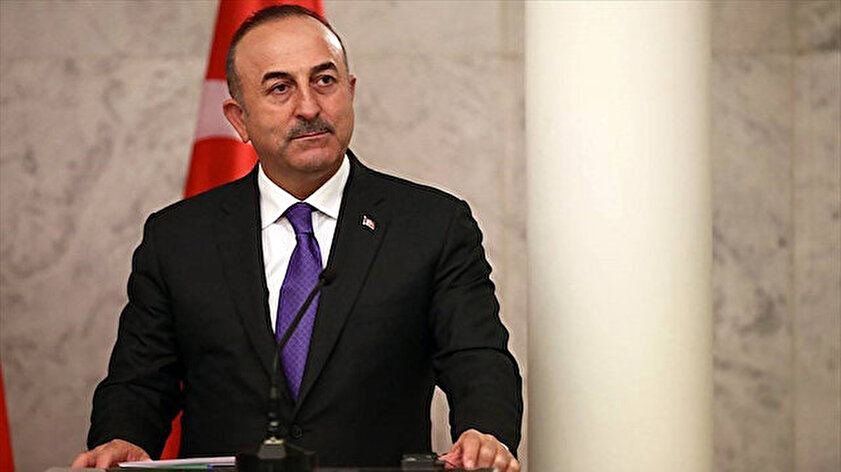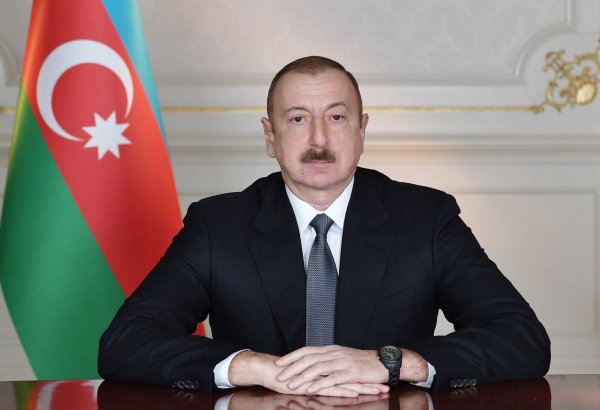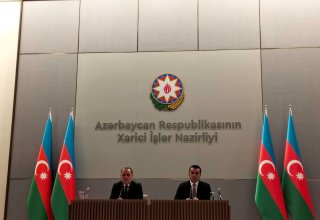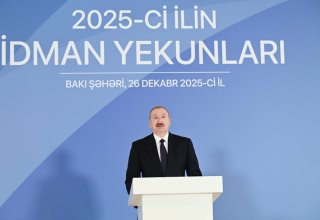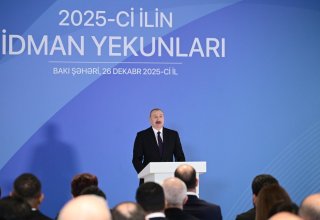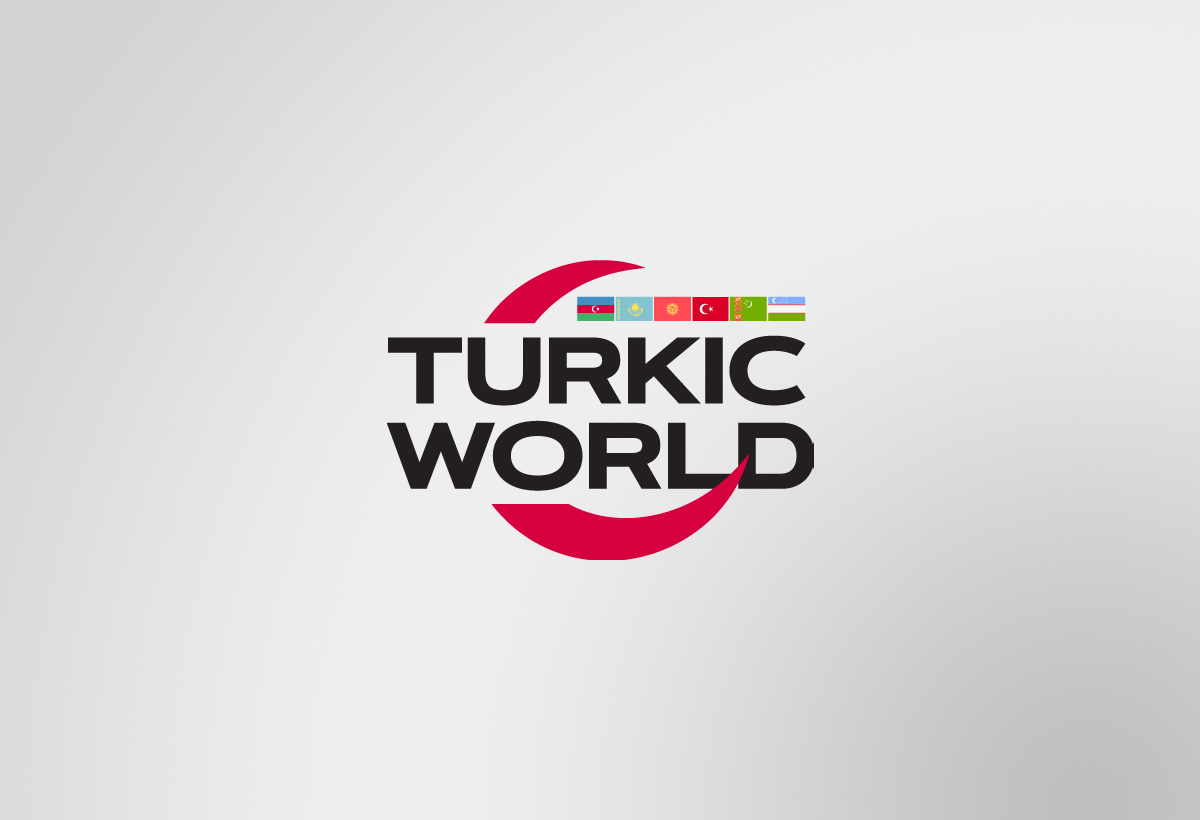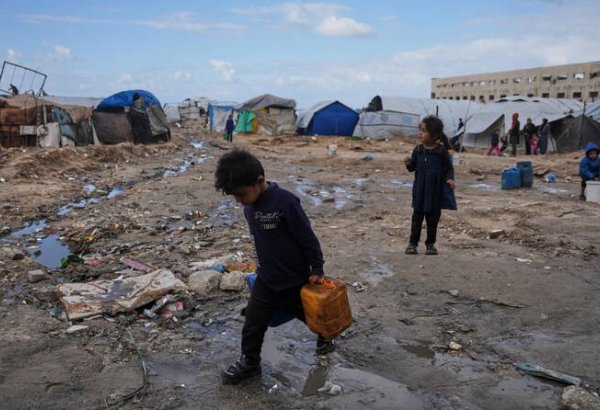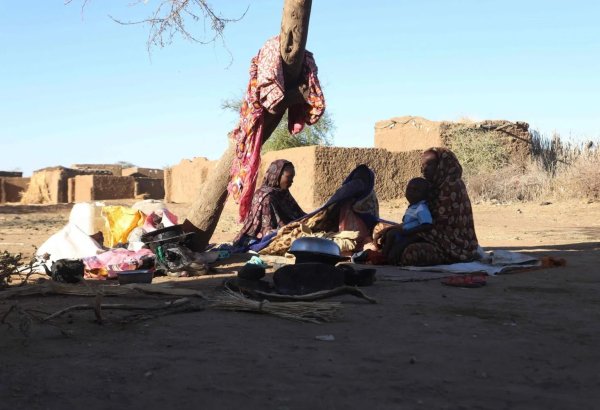BAKU. TurkicWorld:
Foreign Minister Mevlut Cavushoglu highlighted Greece’s maximalist and unlawful actions in a letter sent to 25 European Union member-states, the top EU foreign policy chief Josep Borrell, permanent members of the U.N. Security Council, U.N. Secretary-General Antonio Guterres and NATO Secretary-General Jens Stoltenberg, TurkicWorld reports citing Daily Sabah.
Noting that there is a series of interconnected problems in the Aegean Sea, the top Turkish diplomat said these include the territorial waters, airspace, continental shelf and the delimitation of territorial waters, the violation of the demilitarized status of the Aegean islands and more.
Cavushoglu said that even though the extent of territorial waters in the Aegean is limited to 6 miles (11.1 kilometers) by international law, Greece claims authority over 10 miles of airspace in the area, being the only country to make such an unlawful claim.
Meanwhile, he also said Türkiye believes that the issues between the two countries can be solved based on a mutual understanding of the rights and interests of both, in line with international law.
Offshore exclusive economic zones are maritime areas agreed on between neighboring states, defining where a country has commercial rights such as the right to explore hydrocarbons. Those zones can extend to up to 200 nautical miles from a shoreline or, if sharing the sea area with another state, the equidistance between the two.
But in the case of Greece and Türkiye, the issue is complicated by disputes over the extent of their continental shelves and the limit of their territorial waters. The dispute has held up any declaration by Greece to extend its territorial waters to 12 miles from 6 miles in the Aegean.
Türkiye, which has the longest continental coastline in the Eastern Mediterranean, has rejected maritime boundary claims made by EU members Greece and the Greek Cypriot administration, stressing that these excessive claims violate the sovereign rights of both Türkiye and the Turkish Republic of Northern Cyprus (TRNC). Both sides cite a range of decades-old treaties and international agreements to support their conflicting territorial claims.
Turkish leaders have repeatedly stressed that Ankara favors resolving outstanding problems in the region through international law, good neighborly relations, dialogue and negotiations. Instead of opting to solve problems with Ankara through dialogue, Athens has, on several occasions, refused to sit at the negotiation table and opted to rally Brussels to take a tougher stance against Türkiye.








